 |
SUSTAINABLE DEVELOPMENT ACTION LAB
Poverty, Health, and the Environment
Need-Driven Research
|
|
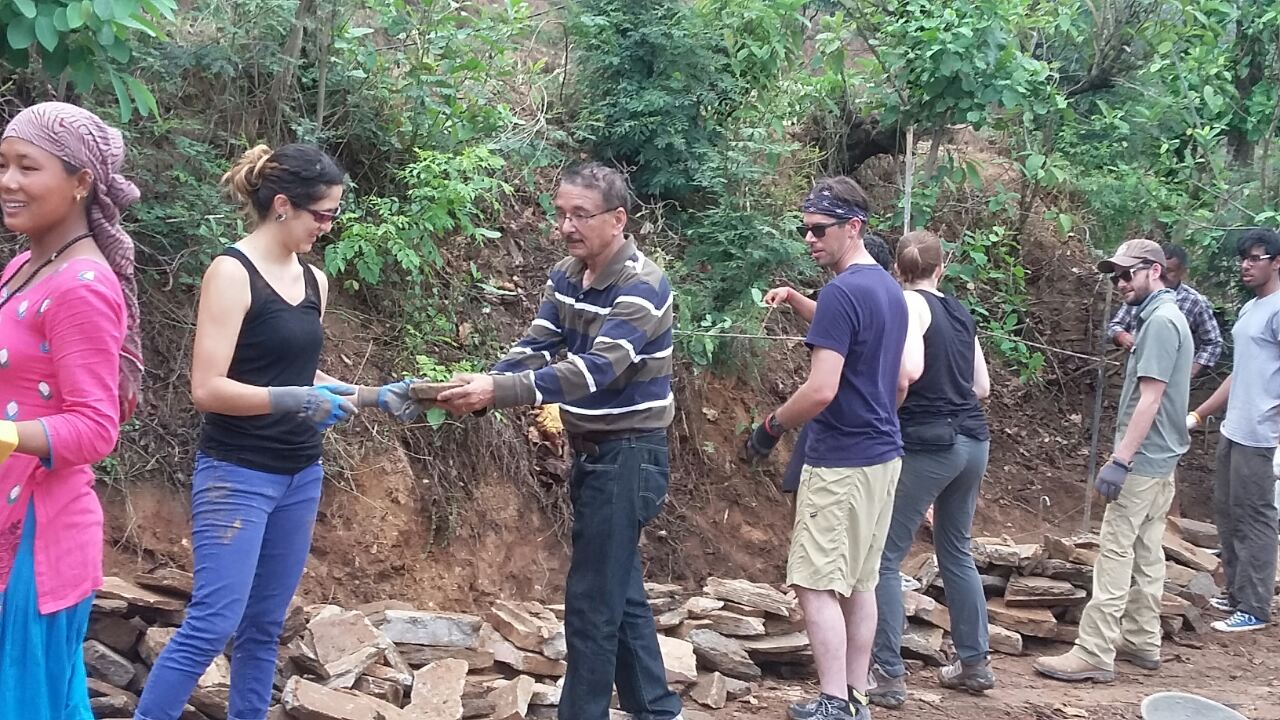 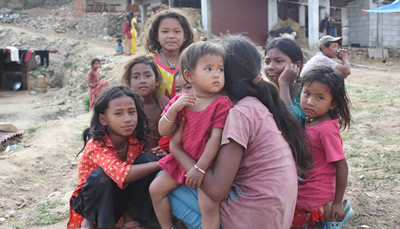 |
||
Numerous academic programs all across the US are increasingly paying attention to providing students, especially undergraduates, with learning opportunities that go beyond the classroom settings. Examples include, but not limited to, community service learning, one-on-one mentorship, volunteering shadowing, and community engagement. Often known as the experiential learning, there is a growing effort to add research component to many of the community related engagements. But, the challenge is to make these types of community based learning rewarding, but academically equally rigorous, analytical, scientific, and evidenced based. The proposed Sustainable Development Action Lab just does that. |
||
.jpg) 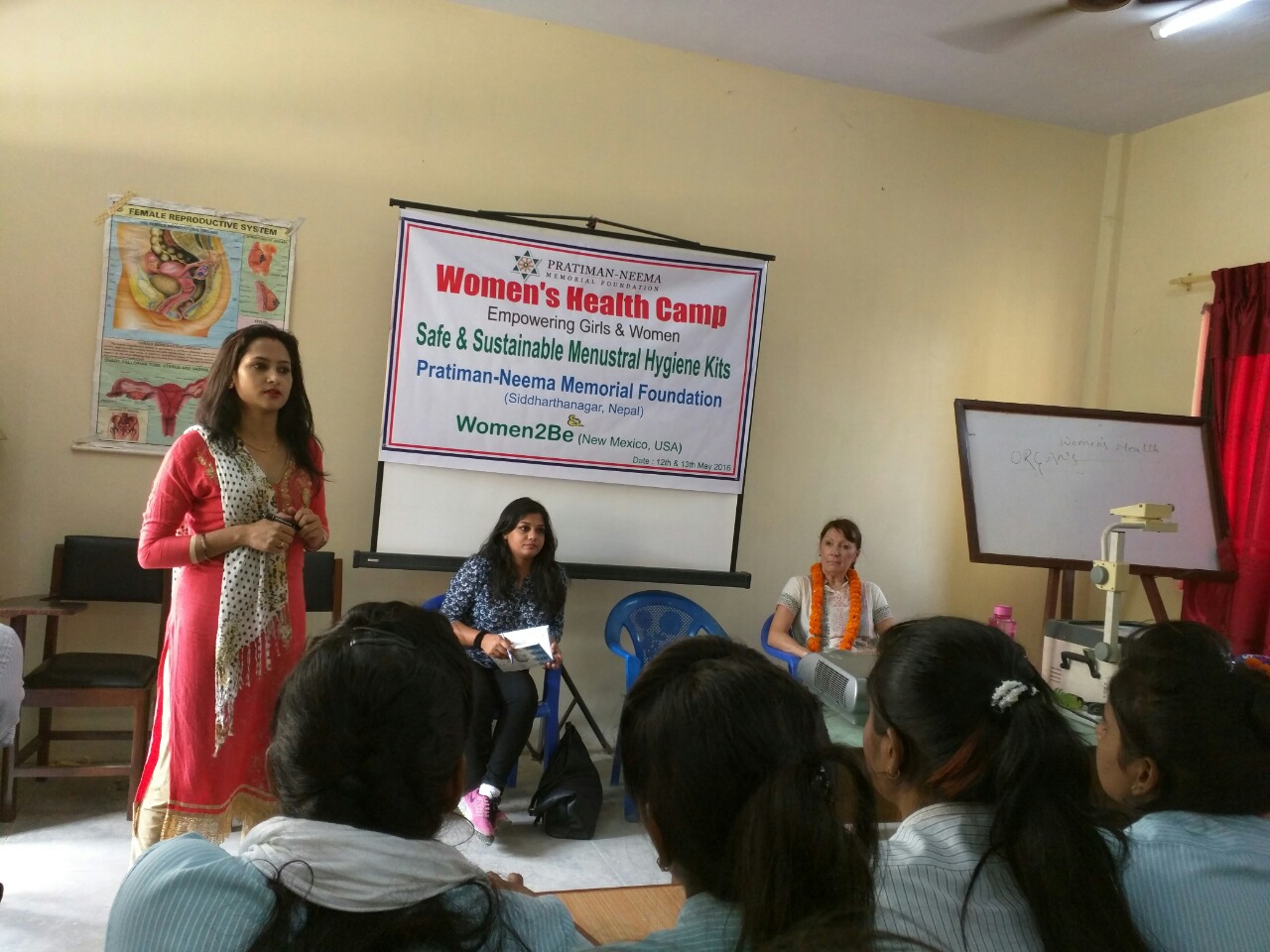 |
||
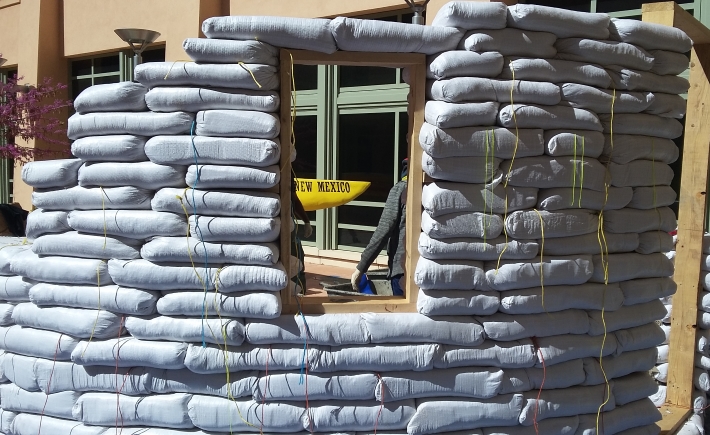  |
||
| Building Block | ||
The Sustainable Development Action Lab (SDAL) concept builds upon the field research track record of the Nepal Study Center and its various doctoral research activities over the last several years. The NSC began conducting doctoral research in areas of poverty mapping, remittances, food security, child and maternal health, conflict issues, water pollution based on field surveys. Subsequently, NSC began collaborating Kathmandu University to develop field research projects driven by the need of the rural communities on women's empowerment and micro health insurance. Groundwater arsenic problem and its impact on women led to another project in collaboration with a group of pre-med students from Yale University. Continuing that tradition, NSC is working on a few problem driven research topics: cancer, urban built environment, women's hygiene, rebuilding resiliency in a post-earth-quake Nepal, and citizen science. Many of these research projects coming out of the NSC's lab use the power of state-of-the-art statistical tools, GIS apparatus, geo-physical data bases, multiple national surveys and censuses, and sophisticated survey designs and analysis. Where do we go from here?
|
||
  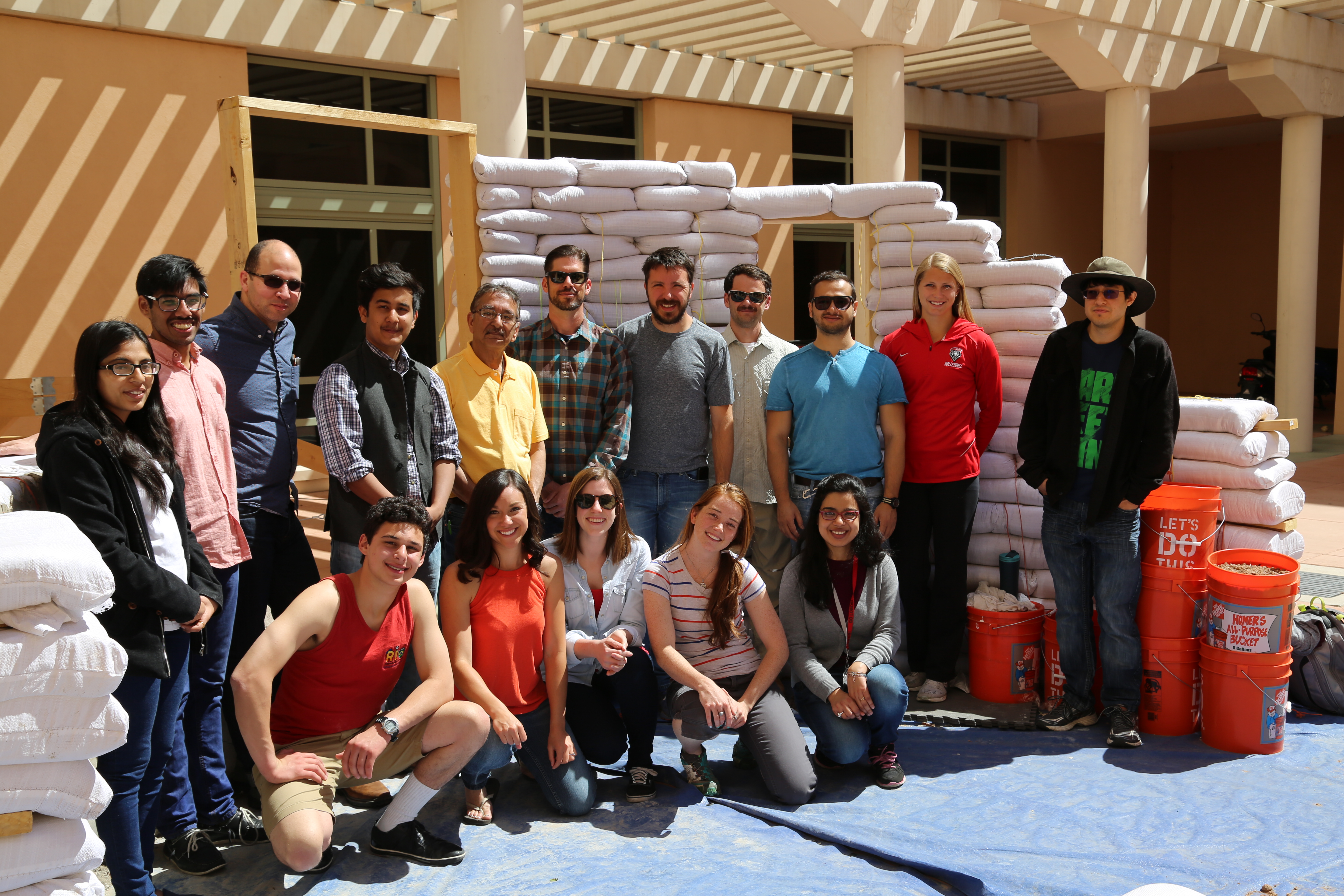 |
||
Research-driven Solutions: Moving from Classroom, Computer Lab and Field Research to Action Research |
||
NSC's Sustainable Development Action Lab (SDAL) is taking various initiatives to push the envelop further by undertaking research project that can also be implemented, monitored and evaluated. This interdisciplinary approach will involve faculty from different disciplines, who will work with the graduate and undergraduate students in a rich mentoring environment. This experiential research learning approach will encourage faculty and students to think outside the box in coming up with project solutions that are data driven, evidence based, measurable, sustainable, and scalable. NSC's strong network of institutional collaborators in Nepal, and their resources are available to develop these initiatives in a mutually beneficial collaborative fashion. |
||
 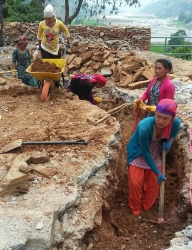 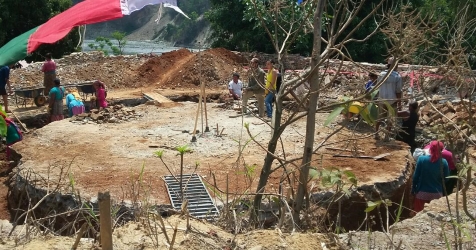 |
||
| A two-part Experiential Learning Structure | ||
The lab will contain a two-part learning components. Working with graduate student mentors, the first phase will contain undergraduate students, for example, analyzing the baseline data already collected and/or planned by the NSC: scientific data, household baseline surveys, water and/or air quality data, citizen science data etc. The databases and problems are organized into a few modules. Using the statistical tools and visual methods (including GIS mapping, if necessary) students will identify the problem. Effort will also go into understanding the theoretical underpinning, but with an interdisciplinary and collaborative outlook. After a rigorous assessment of the problem, students offer a practical solution. The solution could be an engineering device, educational awareness protocol, or even IT devices. The second phase of the process takes these designs and/or ideas and proposes a plan for implementation, monitoring, and evaluation. A fund raising strategy can also be a part of this phase. |
||
Economics department at UNM is offering a class (ECON 451) to implement need driven research. [ Click here for the details of ECON 451]
|
||
| Taking this need driven research for the community, an undergraduate interdisciplinary club (YOGDAN) has been created representing students from various departments such as Biology, Mathematics, Civil Enginnering, International studies, Political science, and Economics. The primary goal of the club is to provide solutions through community engagement. | ||
| YOGDAN: An Undergraduate Interdisciplinary Research-Based Learning Program | ||